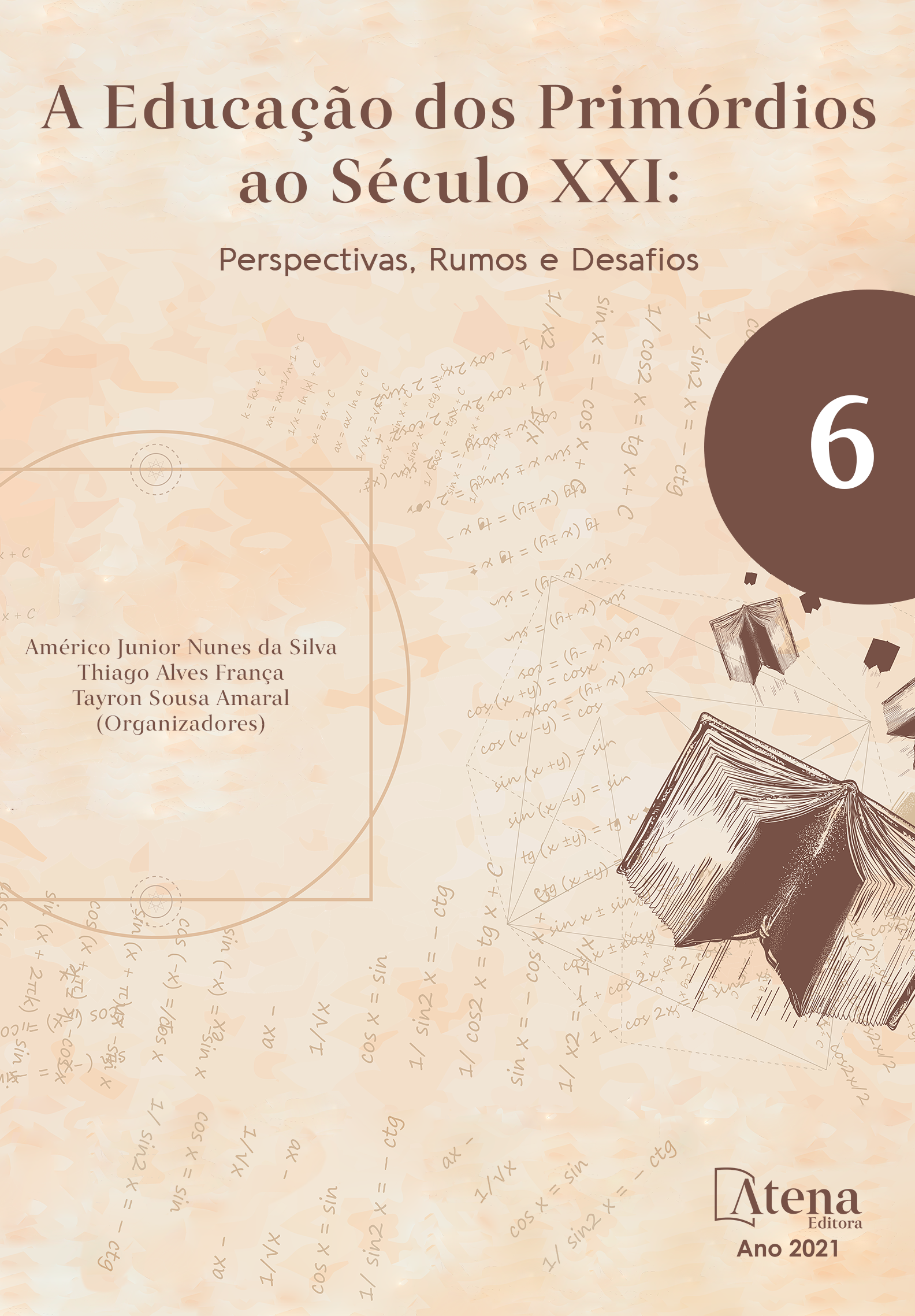
A PRÁTICA DO LETRAMENTO ESTATÍSTICO NA PROEJA: OS JOGOS DIDÁTICOS COMO ESTRATÉGIAS DE ENSINO
O presente texto aborda as interfaces do letramento estatístico na Educação Profissional de Jovens e Adultos (PROEJA) por meio de jogos didáticos. Objetiva-se, desse modo, compreender os jogos didáticos como estratégia de ensino na PROEJA, especialmente no ensino de estatística; caracterizar o uso e a aplicabilidade dos jogos didáticos no ensino de estatística, aplicar um jogo didático na turma da PROEJA do Instituto Federal do Maranhão (IFMA), campus Barra do Corda e refletir sobre o desenvolvimento e a promoção da prática do letramento estatístico na PROEJA e na educação matemática. A pesquisa mobilizou concepções qualitativas e quantitativas, com observação direta e análise descritiva, sob um viés de Estudo de caso. Assim, por meio das reflexões teóricas realizadas neste estudo concluímos que as atividades com jogos didáticos promovem um ensino significativo, apontando possibilidades enquanto ferramenta pedagógica para inserção de uma cultura estatística, bem como práticas educativas que possam desenvolvam competências e habilidades do raciocino lógico, leitura de mundo, interpretação e organização de dados, construção de tabelas e gráficos, concepção e compreensão de: espaço amostral, média, moda e mediana.
A PRÁTICA DO LETRAMENTO ESTATÍSTICO NA PROEJA: OS JOGOS DIDÁTICOS COMO ESTRATÉGIAS DE ENSINO
-
DOI: 10.22533/at.ed.46521040316
-
Palavras-chave: Jogos. Estratégias de ensino. Letramento estatístico. PROEJA
-
Keywords: Games. Teaching strategies. Statistical Literature. PROEJA
-
Abstract:
The present text approaches the interfaces of the statistical literacy in the Professional Education of Young and Adults through didactic games. In this way, the aim is to understand the didactic games as a teaching strategy in PROEJA, especially in the teaching of statistics; to characterize the use and applicability of didactic games in statistical teaching, to apply a didactic game in the PROEJA class of the Federal Institute of Maranhão (IFMA), Barra do Corda campus, and to reflect on the development and promotion of the practice of statistical literacy in PROEJA and mathematical education. The research mobilized qualitative and quantitative conceptions, with direct observation and descriptive analysis, under a bias of Case study.Thus, through the theoretical reflections carried out in this study, we conclude that activities with didactic games promote a meaningful teaching, pointing out possibilities as a pedagogical tool for insertion of a statistical culture, as well as educational practices that can develop skills and abilities of logical reasoning, reading world, interpretation and organization of data, construction of tables and graphs, design and understanding of: sample space, average, fashion and median.
-
Número de páginas: 19
- WEIMAR SILVA CASTILHO
- ISLANI SILVA MAIA


